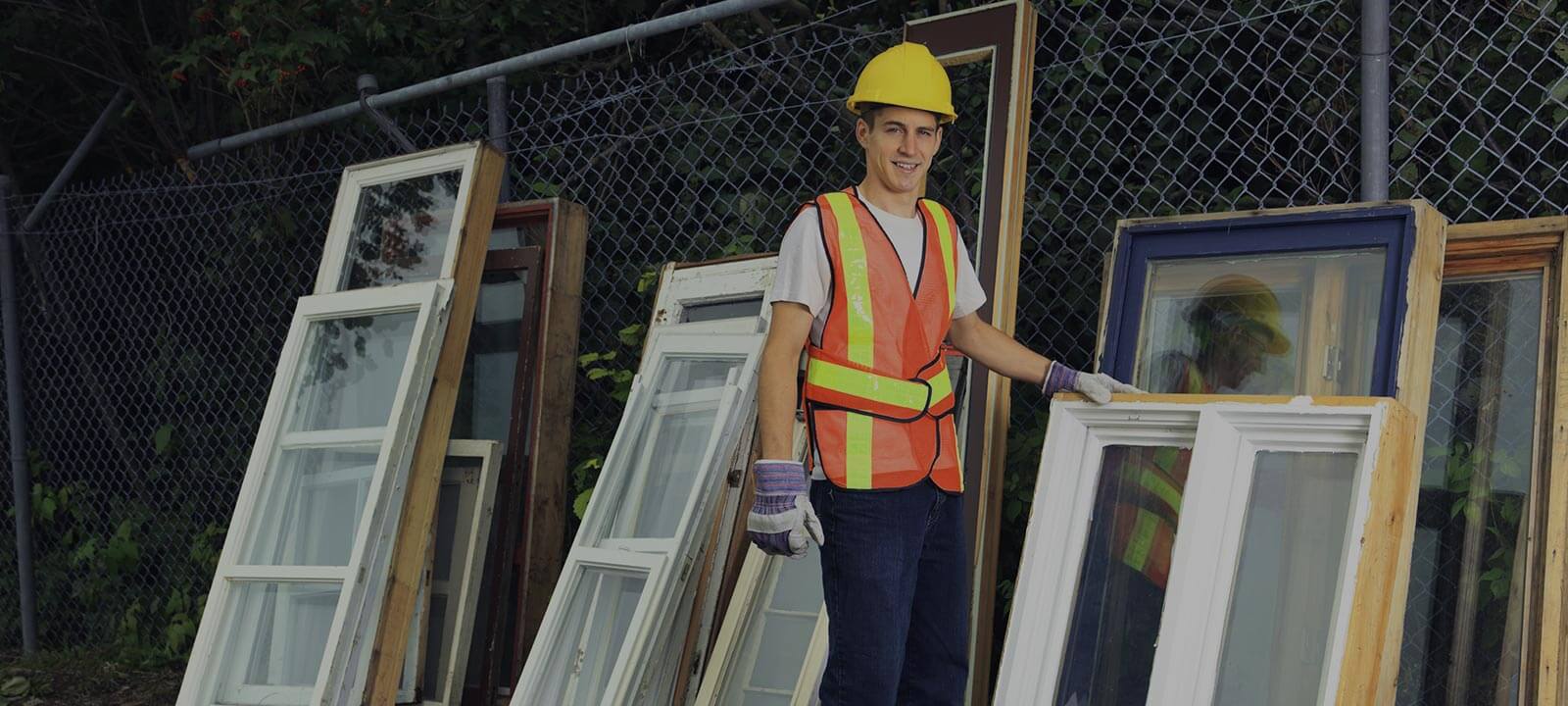Understanding the Current State of Recycling in the UK
Posted on 31/10/2024
In recent years, there has been a growing focus on the importance of recycling in the fight against climate change and environmental degradation. With countries around the world implementing various measures to increase recycling rates, it is important to understand where the UK stands in terms of its efforts towards sustainable waste management. In this article, we will delve into the current state of recycling in the UK, looking at its progress, challenges, and potential solutions.
The Current State of Recycling in the UK
The UK has made significant strides towards improving its recycling efforts in recent years. According to government statistics, in 2018/2019, the overall recycling rate for household waste was 45.5%, an increase from 44.8% in the previous year. This puts the UK ahead of other European countries such as France and Italy but still below top performers like Germany and Austria, which have recycling rates above 60%.
One reason for this progress is the implementation of strict laws and regulations by the UK government. The Waste (England and Wales) Regulations 2011 set out targets for local authorities to meet for household waste recycling, with a goal of reaching 50% by 2020. This has led to increased efforts by councils to provide more efficient recycling services and educate citizens on proper waste management practices.
Another contributing factor is the rise of awareness among UK citizens about the need for recycling. According to a survey by Recycle Now, 83% of people in England now recycle regularly, compared to only 60% in 2008. This shift in mindset can be attributed to widespread media coverage on issues such as plastic pollution and climate change.
However, despite these positive developments, there are still challenges that need to be addressed in order for the UK to achieve its recycling targets.

Challenges Facing Recycling in the UK
One major challenge is contamination of recyclable materials. Many items that are placed in recycling bins, such as food waste or non-recyclable plastics, can contaminate the entire batch of recyclables. This makes it difficult and costly for recycling facilities to sort and process the materials effectively. As a result, a significant amount of recyclable waste ends up in landfills.
Another challenge is the lack of consistency in recycling practices across different regions in the UK. While some areas have advanced recycling facilities and accept a wide range of materials, others have limited resources and only accept basic items like paper and plastic bottles. This inconsistency can be confusing for citizens and may lead to less participation in recycling efforts.
Lastly, there is an issue with infrastructure and investment in recycling facilities. The UK currently relies heavily on exporting recyclable materials to other countries, particularly China, for processing. However, with China's recent ban on importing certain types of waste, the UK now faces a shortage of facilities capable of handling its own recycling needs.
Potential Solutions
To overcome these challenges, there are various measures that can be taken at both government and individual levels.
At the government level, there needs to be greater investment in domestic recycling infrastructure to reduce reliance on foreign processing facilities. This could include financial incentives for businesses to invest in new technologies that improve sorting and processing capabilities.
Individuals also have a role to play in improving the state of recycling in the UK. Proper education and awareness campaigns can help reduce contamination rates by informing citizens about what can and cannot be recycled. Furthermore, supporting businesses that use sustainable packaging materials or offer refillable alternatives can also contribute to reducing waste.
Pros and Cons of Recycling in the UK
As with any issue, there are pros and cons to recycling in the UK.
Pros:
1. Reduced environmental impact - Recycling helps reduce greenhouse gas emissions from sending waste to landfills and conserves natural resources by using recycled materials in manufacturing.
2. Job creation - The recycling industry in the UK employs over 32,000 people, providing essential jobs in local communities.
3. Economic benefits - By creating a circular economy, recycling can save businesses money by reducing the need for raw materials and disposal costs.
Cons:
1. Costly - While recycling can lead to long-term cost savings, it requires upfront investment in infrastructure and technology which can be expensive.
2. Limited facilities - As mentioned earlier, there is currently a shortage of domestic recycling facilities in the UK, leading to some recyclables still ending up in landfills.
3. Behavioural change - Changing ingrained habits and educating the public on proper recycling practices takes time and effort.
Tips for Improving Recycling Practices
1. Educate yourself - Research what materials your local council accepts for recycling and how to properly prepare them for collection.
2. Reduce waste - The best way to reduce the environmental impact of waste is to produce less of it in the first place. Consider buying products with less packaging or opting for reusable items.
3. Be mindful of contamination - Make sure to only put clean and dry recyclables into the designated bin to avoid contaminating the batch.

Takeaways
1. The UK has made progress towards increasing its recycling rates but still faces challenges such as contamination and lack of infrastructure.
2. Education, consistent policies, and investment are key to improving the state of recycling in the UK.
3. As individuals, we can contribute by being informed about our local recycling practices and making conscious choices to reduce waste.
Conclusion
Overall, understanding the current state of recycling in the UK highlights both progress made and areas that need improvement. By addressing challenges and implementing solutions at all levels, we can work towards a more sustainable future through effective waste management practices. Let us all do our part in reducing, reusing, and recycling to create a cleaner and healthier environment for generations to come.










